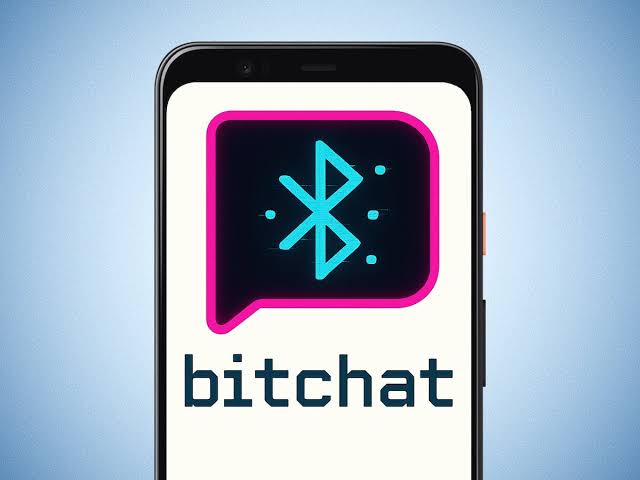In today’s data-driven world, it’s hard to imagine sending messages, photos, or files without internet or mobile service. But Jack Dorsey, co-founder of Twitter and CEO of Block, is exploring exactly that with the launch of a new app — Bitchat — a messaging platform that works entirely offline.

What Is Bitchat?
Bitchat is an experimental messaging app created by Dorsey that enables users to communicate without internet, Wi-Fi, or mobile data. Instead, it operates on Bluetooth mesh networks, forming direct peer-to-peer connections between nearby devices.
Announced via Dorsey’s X (formerly Twitter) account, the app is still in its early stages. He describes it as a weekend project designed to explore Bluetooth mesh networks, relay systems, store-and-forward communication, and encryption models. A beta version is currently available on TestFlight for iOS users, and its source code and whitepaper are publicly available on GitHub.
How Bitchat Works
Bitchat uses a store-and-forward architecture — messages are passed from one device to another until they reach the intended recipient. Devices within range (around 100 meters or more) form temporary clusters to relay messages. As people move, the network grows organically, using “bridge devices” to extend connectivity beyond typical Bluetooth limits.
The app supports:
- End-to-end encrypted one-on-one and group chats
- Password-protected group conversations
- Offline message storage and delayed delivery when the recipient comes back online
- No sign-up or user tracking, preserving privacy

Though Bluetooth’s range is typically limited to about 100 meters, Dorsey claims that Bitchat can extend up to 300 meters (984 feet) by bouncing messages between multiple devices. Future updates may also introduce WiFi Direct for broader reach and faster communication.
Why Bitchat Matters
Unlike traditional messaging apps like WhatsApp or Telegram that rely on servers and internet access, Bitchat functions entirely without central infrastructure. This makes it highly useful in situations such as:
- Internet blackouts or shutdowns
- Protests or surveillance-heavy regions
- Remote or rural areas with poor network coverage
- Large events where mobile networks are congested

The concept builds on tools used during the 2019 Hong Kong protests, where Bluetooth-based apps allowed people to communicate securely without drawing attention from authorities.
Privacy and Decentralization at the Core
Bitchat aligns with Dorsey’s broader philosophy of decentralization and digital autonomy. The app doesn’t require phone numbers, email addresses, or user accounts — making it resistant to data tracking or censorship.
As stated in the project’s whitepaper, Bitchat is “a decentralised, peer-to-peer messaging application that operates over Bluetooth Low Energy (BLE) mesh networks,” providing secure, ephemeral communication without internet infrastructure.
When Will Bitchat Be Available?
As soon as Dorsey shared the TestFlight link for Bitchat, the initial 10,000 beta slots were filled. While there’s no confirmed date for a full public release, Dorsey noted that the app is currently under review.
He also shared the GitHub repository and what he humorously referred to as “an ugly whitepaper” outlining the protocol behind the app.
Who Is Jack Dorsey?
Jack Dorsey is an American entrepreneur best known as the co-founder and former CEO of Twitter (now X). He also founded Square (now Block Inc.), a major player in digital payments. Dorsey is a vocal advocate of decentralized technologies, Bitcoin, and digital privacy, backing several projects that aim to reduce the control of big tech over communication and finance.

Is Bitchat the Future of Messaging?
Whether Bitchat becomes a mainstream success or remains a niche tool for privacy enthusiasts, it clearly responds to growing global concerns about surveillance, censorship, and communication freedom.
It also complements other decentralization efforts Dorsey supports, such as Damus (a decentralized social app) and Bluesky (an open-source alternative to Twitter).
With Bitchat, Dorsey isn’t just launching another app — he’s doubling down on his mission to redefine how people connect in a world increasingly dominated by centralized platforms. Whether it takes off or not, it’s a bold move that reinforces his commitment to digital freedom.




